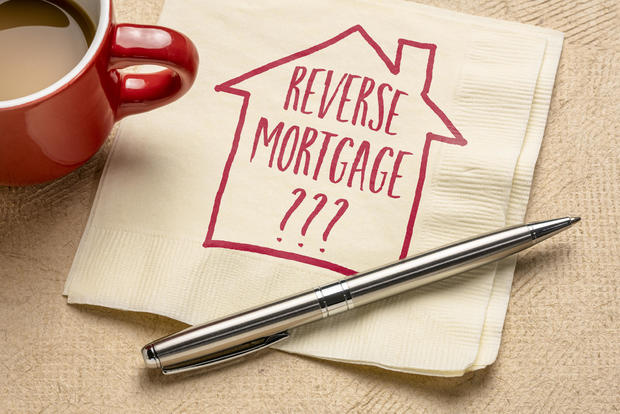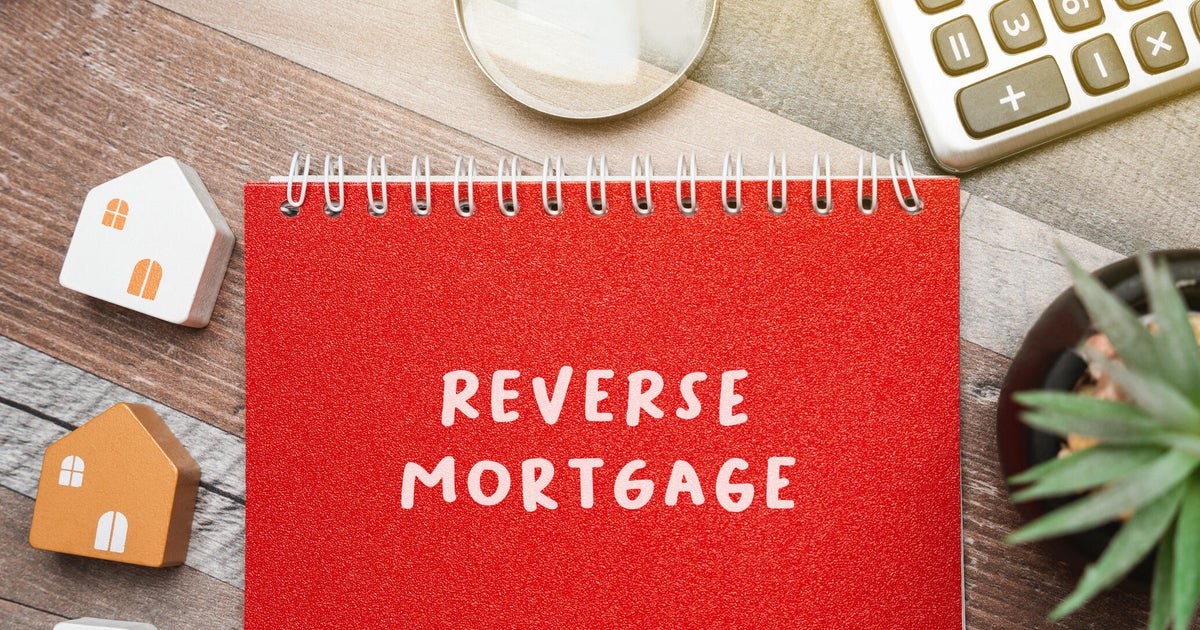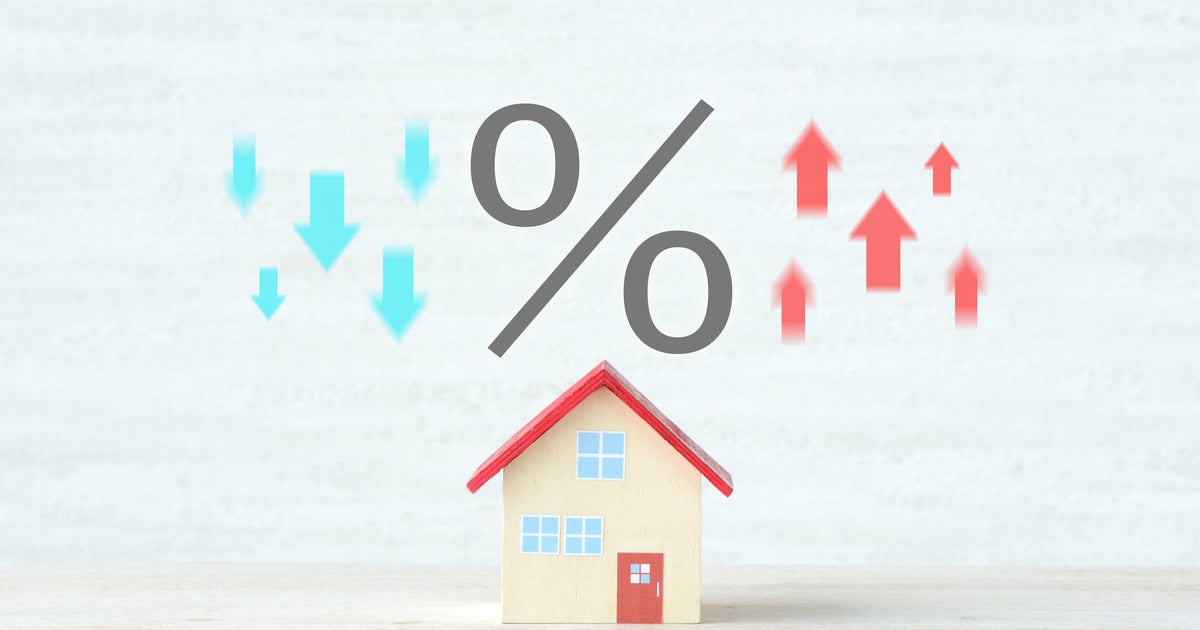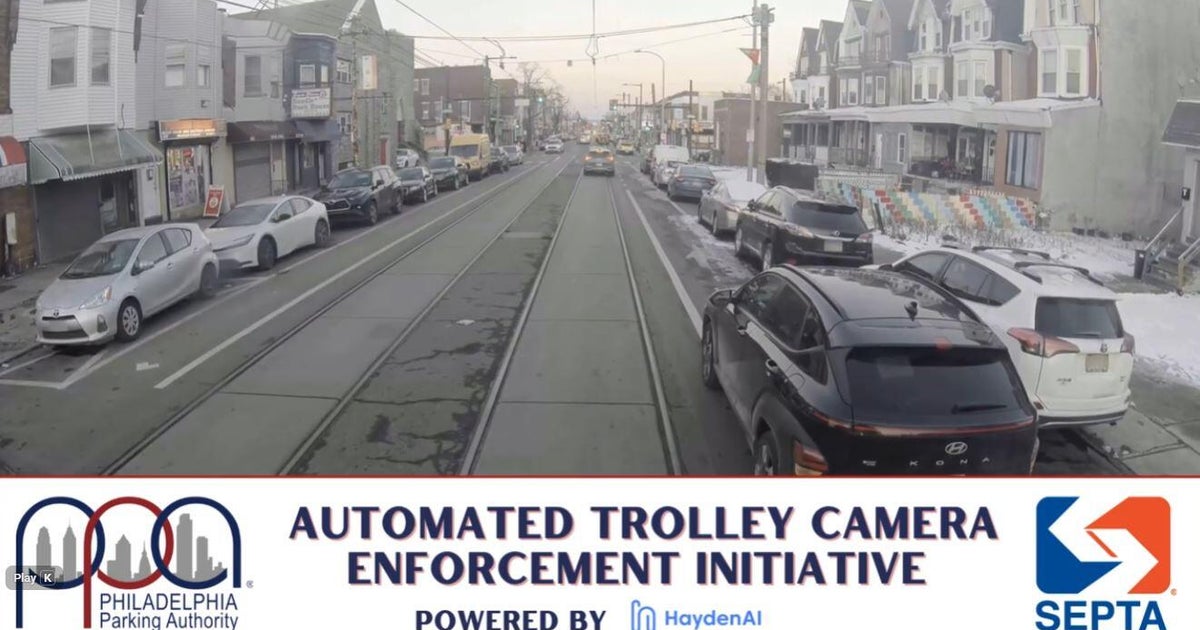Is a reverse mortgage or HELOC better for seniors? Experts weigh in
Though easing inflation and the Federal Reserve's recent rate cut should help to ease the pressure on many Americans, some are still struggling financially. That might mean turning to credit cards to make ends meet or, for homeowners, tapping their home equity.
For seniors, there are multiple ways to do this — and home equity lines of credit (HELOCs) and reverse mortgages are two of the most common.
Both let you borrow from your equity — and over an extended period, if you need to — but which one is best as you age and why? Here's what experts have to say.
Find out more about your reverse mortgage loan options now.
When a reverse mortgage is better
Reverse mortgages work like traditional mortgages, but backward. Instead of you making payments to the lender, they pay you.
Those payments can come as a one-time lump sum, as monthly payments, in a line of credit, or some combination of these. You only repay the loan once you sell the house, move permanently or die.
For this reason, reverse mortgages can be a smart option if you "have limited income and would have a difficult time making your monthly payment," says Rose Krieger, a senior home loan specialist at Churchill Mortgage.
Reverse mortgages can also be a good idea to explore if you're not worried about passing your house on to heirs.
"It varies based on what your long-term plan is for the house," says Jay Zigmont, a certified financial planner and founder of Childfree Wealth. "With a reverse mortgage, it needs to be paid off before the house can be transferred to someone else. If you are single, and don't care about the house after you pass, a reverse mortgage may allow you to get more out than a HELOC."
Explore how a reverse mortgage could benefit you today.
When a HELOC is better
If you can swing monthly payments, a HELOC may be a better option and could even save you money. That's because reverse mortgages typically come with high fees, while HELOCs often have none (or very minimal ones if they do).
In fact, according to the Consumer Financial Protection Bureau, reverse mortgage lenders can charge up to $6,000 just for the origination fee alone.
"A reverse mortgage also comes with a mortgage insurance premium and requires an appraisal, whereas a HELOC often does not," Krieger says.
A HELOC might be the better choice if you're planning to use the funds for home improvements. This would qualify you for a valuable tax deduction and allow you to write off the interest you pay on your HELOC each year. With reverse mortgages, you're typically rolling your interest costs into the loan balance, so this deduction just isn't possible.
Learn more about the best HELOC options available to you today.
The bottom line
Both HELOCs and reverse mortgages can be valuable tools in the right scenarios. If you're not sure which one is the best move for your finances — or you want to explore other options, like home equity loans or a cash-out refinance — talk to a mortgage professional. They can walk you through the pros, cons, and costs of each one.




